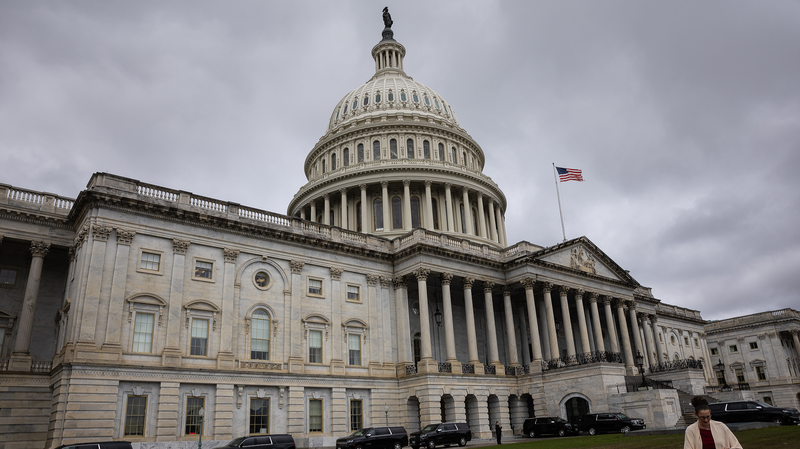Imagine you're grabbing coffee in a bustling city square – maybe in Milan, Mumbai, or Sao Paulo – when headlines announce a fresh tax break for the top 1%. It sounds like good news for growth, but behind the scenes, budgets shift and someone has to cover the gap. Here's how it plays out around the world.
Revenue Shortfalls and Rising Debt
When elite earners see their rates cut by even a few points, governments can lose billions in revenue. To keep basic services running – public transit in Berlin, healthcare in Canberra, or education in Nairobi – officials often turn to borrowing. That spike in debt gets repaid over time by taxpayers of all stripes.
Spending Trade-Offs
Less revenue means tough choices. Across G20 nations, this can translate to reduced funding for schools, hospitals, and green energy projects. Take one midwestern school district: a $20 million shortfall forced cuts to after-school programs and maintenance projects, shifting costs onto families and local businesses.
The Middle-Income Pinch
With public coffers down, some governments raise payroll or consumption taxes to make up the difference. That means everyday workers pay more at the till or see smaller paychecks – not exactly the relief they seek in a cost-of-living crunch.
Future Generations
Higher debt burdens can also push fiscal strain onto future voters. Interest payments alone may consume an ever-larger share of budgets, crowding out investments in innovation, infrastructure, and climate resilience.
Finding Balance
Some policymakers propose targeted wealth levies or digital taxes on multinational tech firms to ease the load on the middle class. Others call for tighter closing of loopholes that let high-net-worth individuals shelter income offshore.
Ultimately, who pays for tax cuts for the top 1% depends on the mix of revenue measures and spending decisions each country makes. For young entrepreneurs and global citizens, understanding this ripple effect is key to influencing future policy. After all, the real cost of a tax break has to land somewhere.
Reference(s):
cgtn.com




